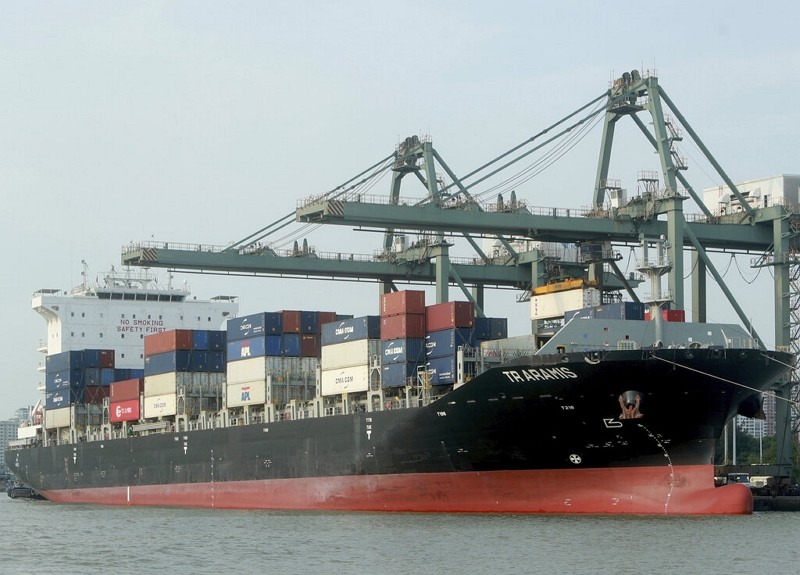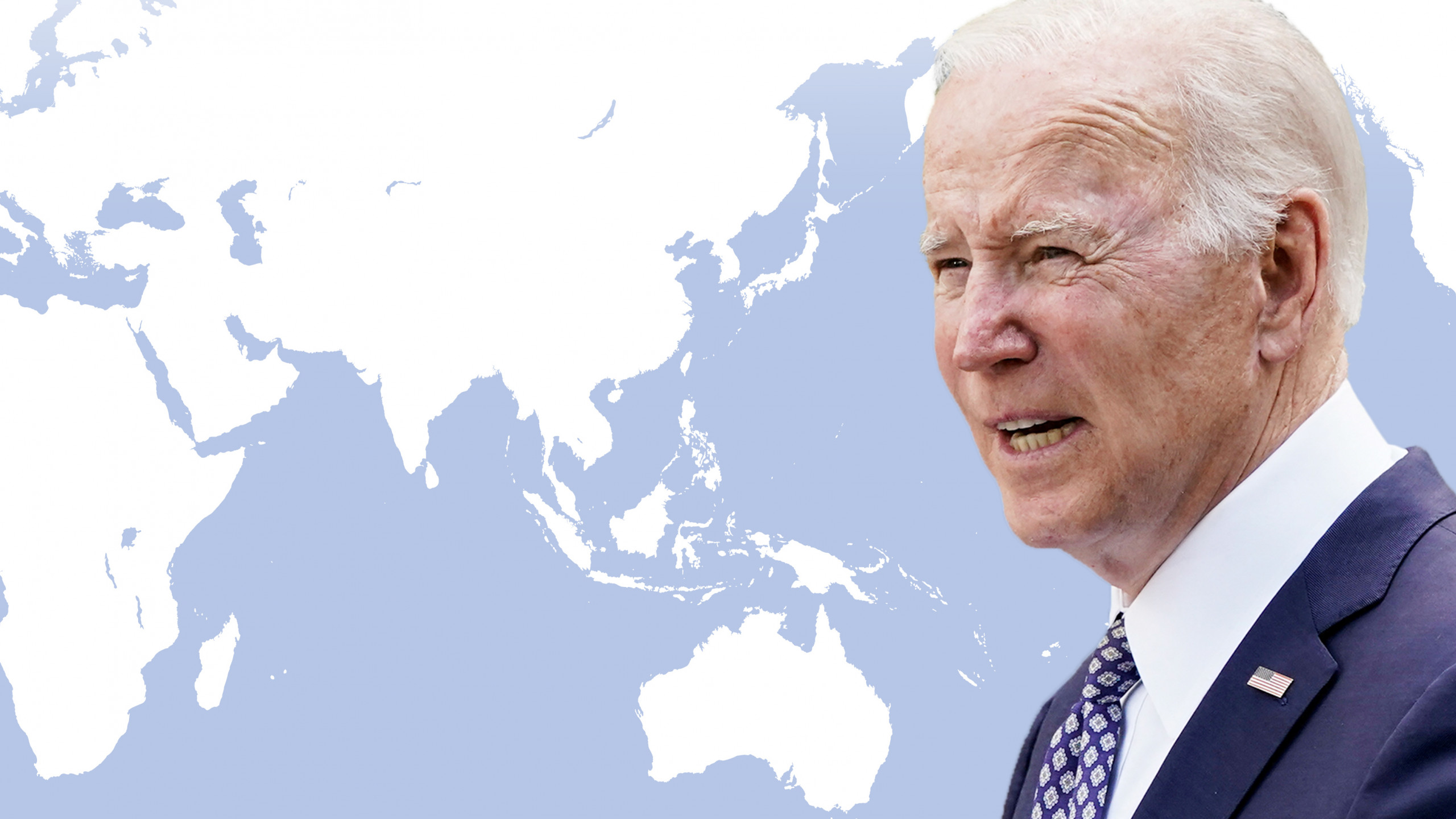On January 1, 2022, the Regional Comprehensive Economic Partnership (RCEP) will officially enter into force, an agreement that comes with great expectations about the Asian integration process. An overview
The Regional Comprehensive Economic Partnership (RCEP) will enter into force by January 1st, 2022. It is the largest trade agreement in history outside the World Trade Organization (WTO), involving 16 countries of the Asian region. At the time of the official launch, however, 10 nations will be involved in the new measures, while 5 have yet to ratify the agreement within their own legislative mechanisms. From January 6 ASEAN nations will be included in the RCEP: Singapore, Brunei, Thailand, Laos, Cambodia, and Vietnam. Together with them enter China, Japan, New Zealand, and Australia. Finally, for South Korea, it will be necessary to wait for the plenary session of the National Assembly to formalize the entry into the agreement.
Many words have already been spent on the potential of the RCEP, as much as the expectations are high. A treaty of this magnitude will only accelerate the economic integration of the region, bringing together very different economic, political, and social realities. The RCEP will cover a market of 2.3 billion people, with a value of production that exceeds 26 trillion dollars: this is about 30% of the world population and over a quarter of the exports existing on global markets.
The main points
The RCEP aims to break down tariff barriers by up to 90% between member countries over 20 years. For China and ASEAN countries it will mean a strengthening of the Free Trade Agreement (FTA) already in force, reducing 70% tariffs on goods imported from Southeast Asia, while Brunei, Singapore, Thailand and Vietnam will eliminate around 75% of tariffs on products imported from China. All correlated with an effort to simplify and accelerate administrative practices related to commercial exchanges between RCEP countries. This step will focus on the growth of digital skills in the countries involved, but also on the harmonization of data, documents and communications.
The second most important aspect of the regional agreement concerns the abatement of the so-called non-tariff measures (NTM), or all those restrictions on imports linked - for example - to the quality and safety standards of a particular industry. This is an important point, which together with the transparency constraint facilitates international transactions along the supply chain. One example is Vietnam, which imports a significant portion of high-tech components from China and South Korea: these types of deals are continually subject to compliance procedures that drive up the prices of both materials and final output, while the absence of uniform standards hinders the introduction of the product on international markets. Costs that are anything but negligible, as they require a very in-depth and updated analysis of the regulatory requirements of the business partner, and the adoption of new certified tools and skills. With the arrival of the RCEP, this process is adopted in a single solution at the national level, with the competent authorities who have worked to apply the measures necessary to standardize national regulations with those provided for in the agreement.
Digital integration is one of the most innovative steps of the agreement in the FTA panorama. The acceding countries promise to create more opportunities for small and medium-sized enterprises in the e-commerce sector, as well as providing them with more digital skills to facilitate trade on the international market. According to a 2021 survey by the World Economic Forum, 87% of ASEAN SME executives count on digitization as an important tool to overcome the economic crisis. In the plans of the RCEP, this evolution will have to pass through new channels, where monetary transactions and the exchange of documents and administrative deeds will have to take place. Hence the opportunity to exchange technologies and useful expertise more easily: companies in Singapore, a country that excels in the global digital skills index (DSGI) (with a score of 7.8), can contribute to the technological development of partners far from the soft and hard technological upgrade (like Cambodia, which has only 2.8 of DSGI).
What to expect
The RCEP was launched in a difficult historical moment, where economic development must deal with the waves of Covid infections. Any large-scale economic integration process takes several years before showing the first concrete results. The agreement offers the most advanced countries the opportunity to reduce costs along the supply chain, while it allows developing countries to more easily import some sophisticated technologies and know-how. Both Asian investors and foreign companies entering the RCEP market could see the range of growth opportunities widened, both in terms of purchases and sales of goods and services.
The promises of the agreement are commercial integration, tariff rationalization, economic liberalization, revitalization of SMEs, market accessibility and mutual benefit between equals. This does not completely eliminate the risk that some countries may take advantage of the agreement to enter the gray areas of national regulations, especially where protection for SMEs is lacking. The time for disquisitions has come to an end for (almost) all countries: it will be the actions of the next few years that will demonstrate the potential of the RCEP both for private individuals and for international cooperation.






